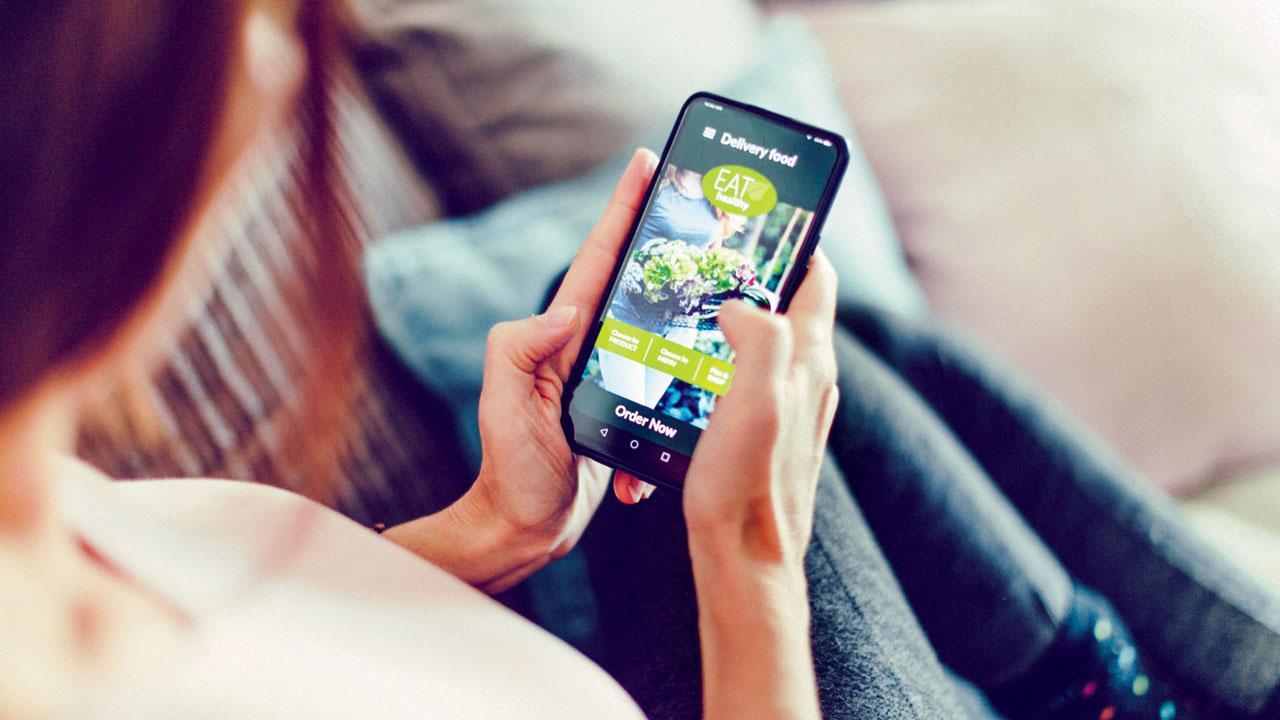Moving away from food aggregators, restaurants are increasingly pushing for direct ordering with the help of tech-enabled platforms. F&B professionals decode how it helps them stay afloat in these harsh times and what’s in it for the customer

Food delivery app
While food emerged as a vital source of comfort in the past year, the folks who whip up our favourite dishes have been struggling to stay afloat. With restaurants in the city shutting shop again, delivery is the norm of the day. Although food aggregator apps help in furthering delivery, there’s been a growing clamour to order directly from restaurants, be it through calling, DMs or through personalised food ordering systems set up with support from firms like DotPe, Thrive and Bro Eat!, among others. The latter, in particular, are allowing restaurants, for the first time, to identify their online customers, forge better relationships, customise their pages and most importantly, avoid hefty commissions levied by aggregators.
ADVERTISEMENT
(From left) Anurag Gupta; Karan Chechani; Pankil Shah; Pawan Shahri
Money matters
Take for instance, Bro Eat!, purportedly India’s first WhatsApp-based online food ordering platform, born in September 2020. Unlike the approximate 22 per cent commission that food aggregator apps demand on orders, the platform — which enables customers to place and track their orders through a WhatsApp chat system — charges a maintenance fee of Rs5 upto an order of Rs300, Rs10 on those below Rs500, and so on, shares co-founder Pawan Shahri. “The 22 per cent commission spent on food aggregators comes down to a 3 to 4 per cent margin, which is a massive difference,” he adds. Like Bro Eat!, Thrive, another entity enabling restaurants to set up their independent ordering systems, also charges a lower commission, prompting establishments including Qualia, Woodside Inn, The Table and Burma Burma, among 1,700 others across India to get on it since last year.
Riyaaz Amlani, MD and CEO, Impresario Handmade Restaurants, says they have set up their own ordering system for contactless dine-in and home delivery. He reveals that restaurants spend around 35 to 40 per cent of their delivery revenue on aggregator platforms, “This includes discovery and delivery charges, discounts, and commissions. This is an atrocious amount,” he adds.
Owning data
Amlani adds that food aggregator apps have become like a “great wall between eateries and customers” as they don’t share customer data with them. “We have no idea who’s eating the food or what’s their feedback. These are important parameters for us. If something is messed up by the aggregator, the customer thinks it’s our fault. Moreover, in an insidious way, businesses are often redirected on aggregator apps,” he informs us. Karan Chechani, co-founder and CMO, Thrive, adds that eateries are currently spending a lot more marketing money on acquiring or retaining customers. “It doesn’t make sense to spend it on these food aggregator apps, as you’re helping them gain customers, not yourself,” he reasons.
Sharing customer information, ordering trends and other data allows restaurants to serve them better — something that these platforms offer, says Anurag Gupta, DotPe’s co-founder and COO. “If one customer is ordering from you for the first time and someone else is ordering for the tenth time, both can receive different levels of personalisation. We help restaurants make instant changes based on their stock, offer discounts, etc.”
Win-win situation
These platforms have also tied up with third-party delivery partners for restaurants that don’t have in-house fleet. Pankil Shah, director and co-founder, Neighbourhood Hospitality Pvt. Ltd that runs Woodside Inn and The Pantry Cafe, notes that if customers order directly, it gives restaurants better control over quality and delivery: “Eating out in our country is an emotional journey. This same emotional bond remains while ordering in as well. Since deliveries are done by our own team members [in direct orders], there’s much more ownership so that our guest can get the best experience,” he adds.
Gupta, Chechani and Shahri concur that by freeing themselves from the pressure of hefty commissions, and armed with consumer data, eateries are incentivised to offer more benefits to consumers. “Brands that are doing direct deliveries are innovating a lot in terms of providing free delivery, loyalty programmes and bigger offers,” Chechani shares. Shahri meanwhile points out that ordering directly also amounts to supporting your favourite neighbourhood eateries in these tough times. And that’s the least we can do.
BMC’s thumbs-up
Direct ordering got a boost on Friday as the civic body issued a notification allowing restaurants to undertake not just delivery of online orders, but also those placed over call. Restaurateurs welcomed the move as this is a relief for eateries that don’t have a presence online, and will also help save more jobs.
 Subscribe today by clicking the link and stay updated with the latest news!" Click here!
Subscribe today by clicking the link and stay updated with the latest news!" Click here!






